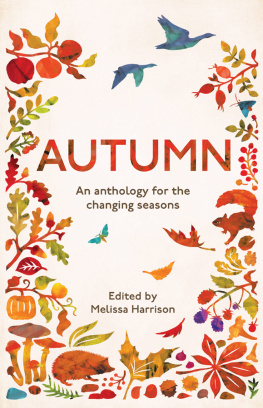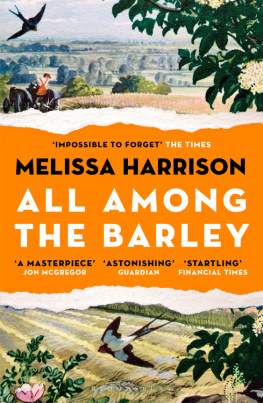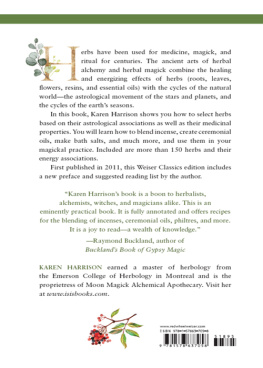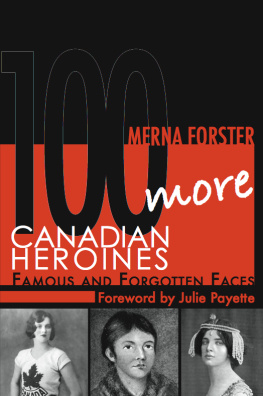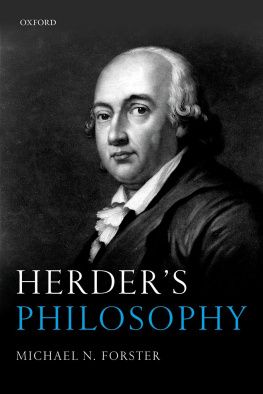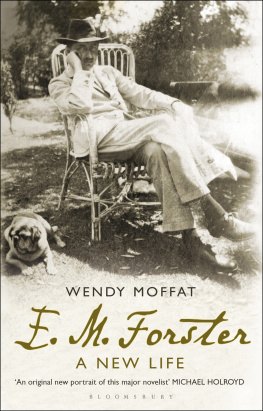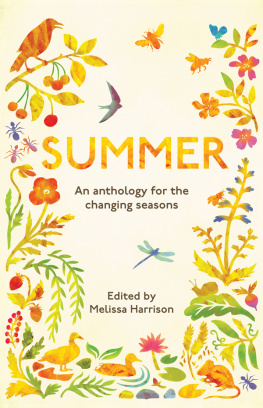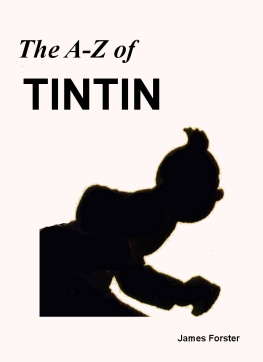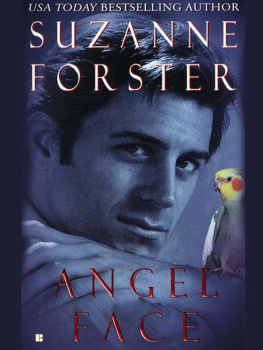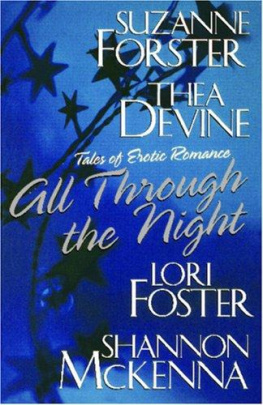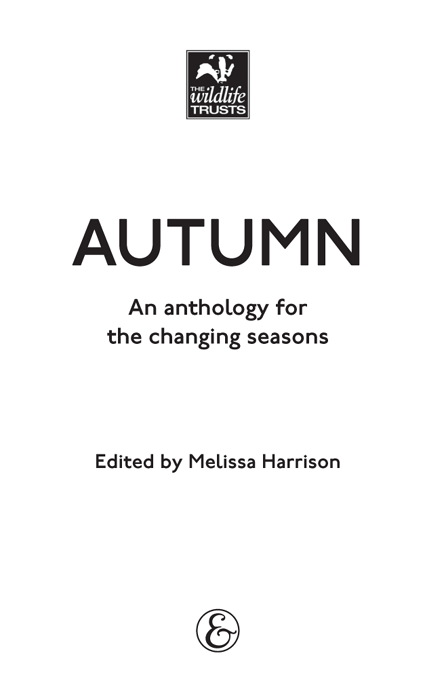
CONTENTS
INTRODUCTION
I have always loved autumn. At primary school I learned Keats famous poem by heart; later, I dreamed of being at university and spending Michaelmas term walking through drifts of russet leaves, sunk in romantic thoughts. Again and again I hear from friends that it is their favourite of all the four seasons; that somehow it makes tangible a suite of emotions wistfulness, nostalgia, a comfortable kind of melancholy that are, at other times of the year, just out of reach.
Its hardly surprising. After all, autumn is the natural worlds gentle memento mori; its when the years cycle begins to slow as springs generative energy and summers riotous fruition at last start to fail, prompted by shorter days, falling temperatures and the need shared by so many living things for a period of quietude and senescence.
Although not all. Autumn is a busy time for saprophytes: fungi, mould and all the million detritivores whose job it is to recycle organic matter so that it may be used again. To me, the process of decay is about life, not death, the years spent growth giving rise to the very earth that will propel the following spring. Autumn is a time of new beginnings, too.
And theres no rest in the avian world as the second of the years great migrations gets underway. Our summer visitors, like the hirundines, the ospreys and many of the warblers head south, and instead we welcome great flocks of wildfowl and thrushes from the north, here to escape colder climes. Passage migrants, too, take advantage of our isles to rest and refuel and keep the hardcore birders busy. Autumn is not a mellow season for all.
It may yet be fruitful, though. In recent years weve begun to rediscover Britains rich history of local apple varieties, and many villages now celebrate them in October through the relatively new initiative of Apple Day. And although we may be tied far less to the seasons now when it comes to shop-bought food, going blackberrying remains a pleasure that can only be enjoyed at a certain time of year.
Autumn in our temperate region is still a season of mists and of other atmospheric phenomena, too: equinoctial gales, like the great storm of 1987; the first ground frosts; gossamer spiderwebs at daybreak, hung with sparkling dew. The nights cool, and lengthen; summer, if weve had one, slowly falls behind us. Festivals like Diwali, Halloween and Bonfire Night light up in different ways the gathering dark.
When I went to university I found myself too busy in Michaelmas term to drift around outdoors thinking deep thoughts. But in the years since then I havent lost my love of autumn although Ive come to appreciate the other seasons, too. Theres something so beguiling about the blazing leaves and the rich smell of rot, and the start of a new phase in the circling year.
Melissa Harrison, Autumn 2016
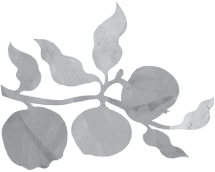
I n the edges of days, in the confluence of tides, in the unclear lapping and lap-backing of the between-seasons is autumn. It can be obvious, a salute of blazing foliage, or disguised, slipping in behind distractions. In the south, the summer of St Martin ends in November, the brightest summer of all, its colours luminous under the Mediterranean blue, which changes, unblazes, dies down from August glare to soft September. My favourite month! I think, in Septembers like that, forgetting that in July it was all going too quickly and that summer should always be wished for ever. But autumn has a summer and a winter. As I fear the latter a little, I love the former much. You find reflections of both at other times of year. Still spring days when the smoke also rises straight can have a little of autumn in them, the trees in half-colours, the blossom yet to break. Stars at evening seen through near-bare boughs could belong to either season.
I was taught as a child that you find you are ready for each earth tide when it comes. With the years, and with moving from the south to the north, I have learned how age dreads winter, which seems to last longer every time and actually is longer where I live now. The yellow leaves of the lime trees, desiccated in August and dead in the gutters, always gave me pause in Verona. So soon?
In Palermo we swam until November then put on scarves. In Yorkshire we watch the miracles of the trees across the valley, their colours playing like notes across a keyboard, slowly. The hill opposite our windows is close and covered in a complete wood: alders by the beck, and above them sycamore, pine, birch, ash, oak and beech. We observe them pulsing through the spectrum in almost bemused delight until the rain thickens the windows and darkness falls until March. And then autumn is motorway rain and the dirty courts of service stations, greys and greases and the smeared crimson brake lights streaming into junctions, and days that seem to shut themselves down, disgusted and forgettable.
The names of the northern towns then seem written in heavy autumnal syllables and rain-dark stone. Warrington, Salford, Preston, where the equinoctial skies press down. You wish you were anywhere else. Autumn in New York. Autumn in Rome, Paris, London: the great cities might be made for the season, their towers of lights shining for longer as the months roll darker, and in the cooling mornings the sweet and smoky smells. In one of those offices I once set radio listeners a writing competition: winter without clichs. Autumn would have been much harder.
Even as a schoolboy I loved John Keatss ode To Autumn for being an ark of the covenant between language and sensation, Seamus Heaney wrote. It is the time of richest sensation: the sights and the smells, obviously, and the way its daily varying temperature makes the skin hypersensitive; and then there are the sounds rain, wind, dead leaves; and then its harvest of tastes, from traffic fog to cold clear days. It makes writers of the most pen-averse of us, because we have a need to turn sensation into language. In its brightness, its startling quality, its beauty and its inevitable slide to darkness, it is the season that most resembles human life. The first moment you can remember kicking up leaves is probably fairly contiguous with your first apprehension of death. All humans are in the autumn of their days thats life, and the other.
To the novelist, autumn offers a believable, dramatic, enticing setting: the trick of fiction is to make-believe, and autumn is the story season, a time of migration, equinox, transformation and incident, the things of which fiction is made. And obviously you want stuff to happen: it suggests adversity and change, great boons to any plot. Dickens was a great fan, beginning Our Mutual Friend and Bleak House in London autumns. Angela Carter starts The Magic Toyshop thus: October, crisp, misty, golden October, when the light is sweet and heavy. They stood on the step and waited for the taxi with black bands on their arms and suitcases in their hands, forlorn passengers from a wrecked ship, clutching a few haphazardly salvaged possessions and staring in dismay at the choppy sea to which they must commit themselves.
My best writing season starts in September. It is something to do with the new season of work, the real new year when school began or began again, and later, when you return to your office having reaffirmed your vows to be a better employee this time. The ideas come fresh, the sparkle of the days and their drawing in seems to put a fire under them, and the approach of the dark says Haste! When I am not bound by teaching or lecturing it is the perfect time to travel, which is one half of writing for me. Airfares tumble, hotels have vacancies, beaches unclutter and lovers steal weekends and take city breaks. If I am work-bound I feed my travel hunger through the windows and with walking: suddenly the country is a mosaic of micro-climates. It is a happy time in the hills of Wales, my true home. Between the flies dying off and the cold closing in, farmers can ease up. If any are going to take a break they will do it between now and November. I love the days with sharp brightness in their breaking, suggestive scents and skies of many blues: pale azure and cool cerulean. E. M. Forster has a lovely description of such a day in
Next page
